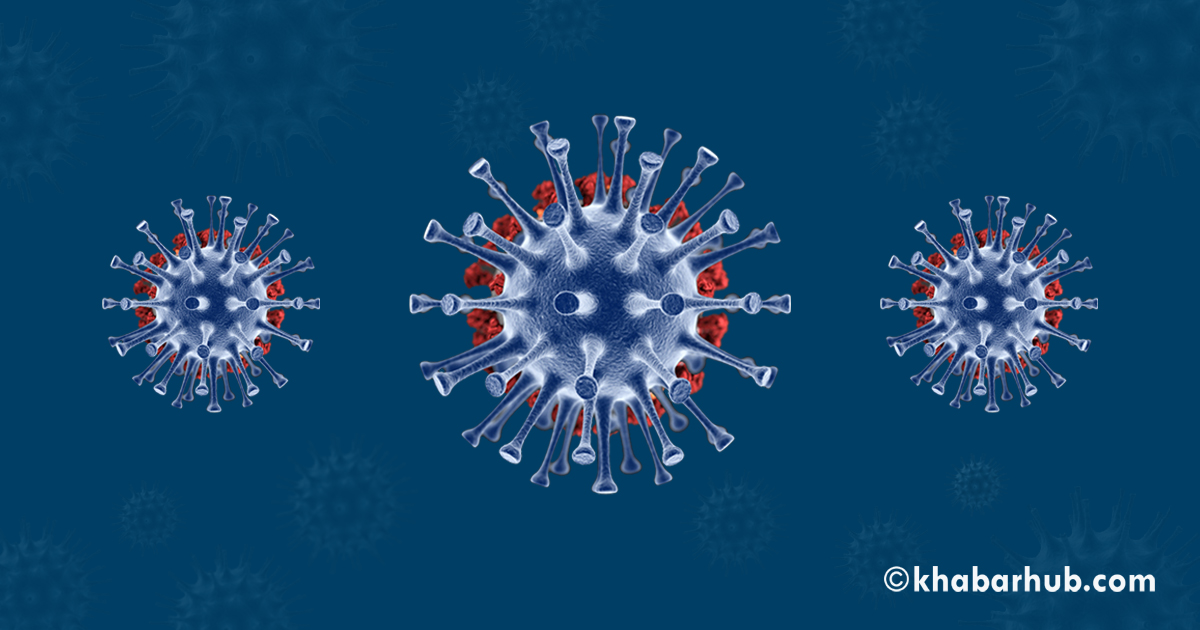SYDNEY: Australian researchers have investigated the durability of immunity after COVID-19 infection in people, which has major implications for reinfection and vaccine development.
In a paper published in the Nature Communications journal, the research team led by the Peter Doherty Institute for Infection and Immunity (Doherty Institute) described a comprehensive profile of antibody, B cell and T cell dynamics over the first post-infection four months.
B cells are responsible for producing the antibodies that identify and neutralize the COVID-19 virus, while T cells play an important role in supporting the development of the B cell response.
The researchers found antibody levels drop dramatically in the first one to two post-infection months, the decrease then slows down substantially. A similar decline in T cells occurs as well.
Jennifer Juno, a senior research fellow at the Doherty Institute said one of the striking observations was the number of B cells recognizing the COVID-19 spike protein increased over time in almost all the patients they tracked, regardless of the severity of their disease.
“This is interesting because our work and other recent studies suggest these B cells are continuing to accumulate and potentially evolve over time. That should be useful for protection in the event of another exposure in the sense that those ‘memory’ cells should be able to be activated again,” Juno said.
Despite this, the findings suggest COVID-19 vaccines should ideally generate stronger antibody responses than natural infections to provide a long-term protection. (XINHUA/RSS)









Comment